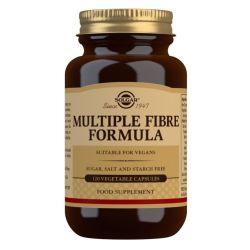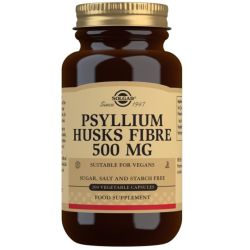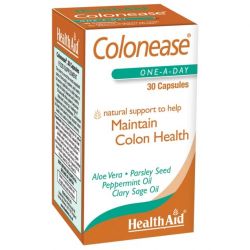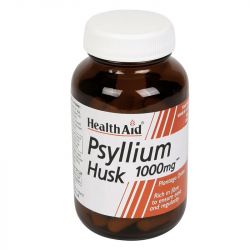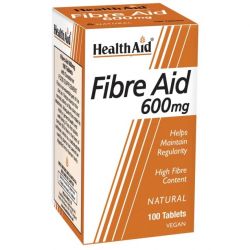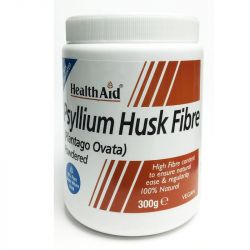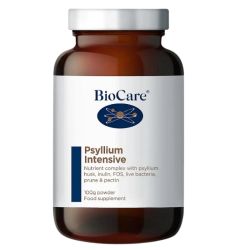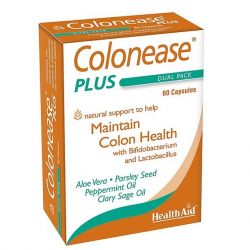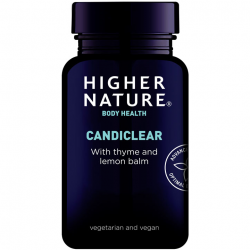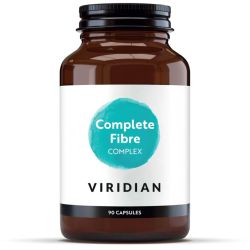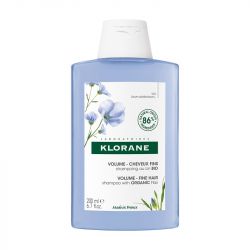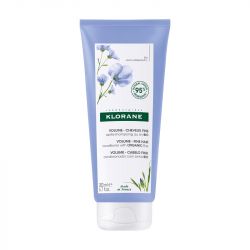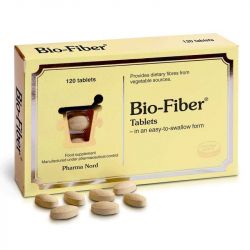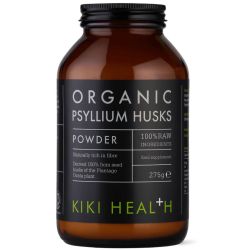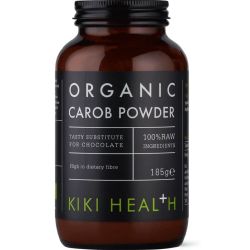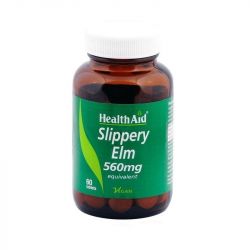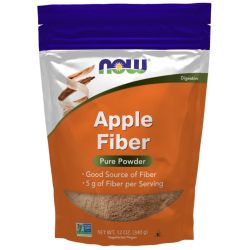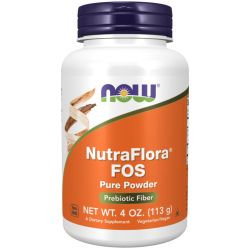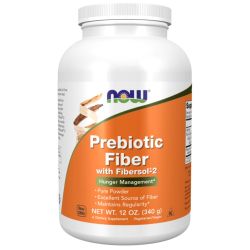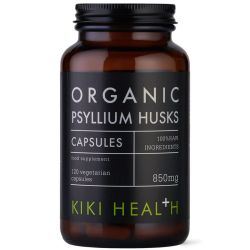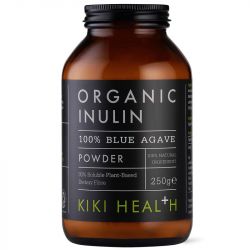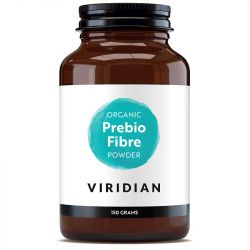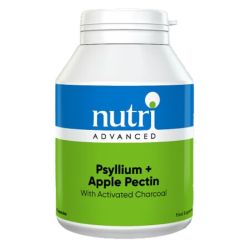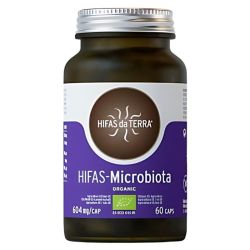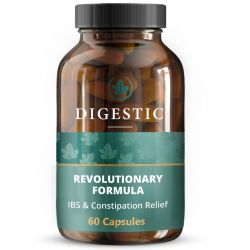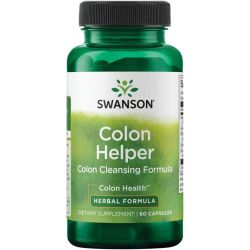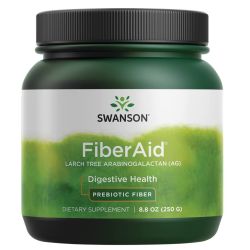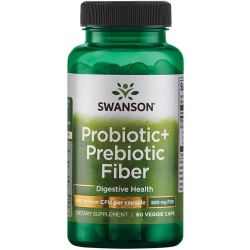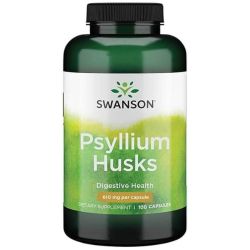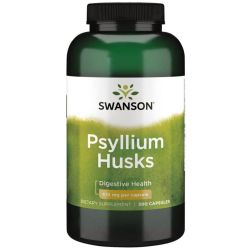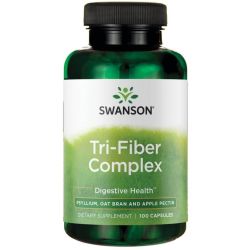Fiber & Colon Care
If you often struggle with bloating, gas and alternating constipation and diarrhoea, you might not have the right diet, or could have an underlying health condition such as IBS or IBD. The wrong diet and being on certain medications can take its toll on your digestive health. Eating not enough or too much fibre can also cause gut-related problems, and so can drinking too little or too much water. Those who struggle with digestive health, or who are lactose or gluten intolerant may benefit from certain fibre and colon supplements recommended by their GP. Shop our range of supplements to keep your gut health in good shape.
All you need to know about Fiber & Colon Care
Does fibre help your colon?
Fibre is very important for maintaining optimum digestive health. Our colon uses fibre to keep the cells within it functioning normally and healthily. Fibre helps the digestive tract to move and push food through it, ensuring that you have regular bowel movements that remove waste products your body no longer needs. If you get too much or too little fibre in your diet, your body will indicate this through stomach cramps, problems going to the toilet and excessive gas. It is therefore a good idea to reduce or up your fibre intake until symptoms are improved.
How can I make my colon more healthy?
Speak to your GP about taking a supplement that can aid colon health, especially if you have an underlying medical condition that is linked to gastrointestinal function. You should eat a wide variety of fruits and vegetables in your diet, and choose foods of all colours so your body receives the nutrients it needs. Choose whole grains such as oats, bran and wheat where possible, and drink lots of water. Avoid overly fatty foods that are high in saturates, and if you are lactose intolerant, opt for fat-free or lacto-free dairy products. Finally, cutting back on alcohol and artificial (added) sugars will help your colon to function more healthily.
Which foods cleanse the colon?
Popular colon-cleaning foods include leafy greens that are dark in colour like spinach, kale, cavolo nero and broccoli. You can also drink milk, eat foods containing oats, and opt for raspberries to flush toxins out and experience a natural gut cleanse, as these foods all stimulate bowel movements.
How much fibre should I be getting in my diet?
Generally speaking, women should get around 25g of fibre per day in their diet. For men, it's 38g. You need less fibre as you age. Women over 50 need 21g, while men need 30g. Pregnant and breastfeeding women need more fibre (up to 28g per day).

